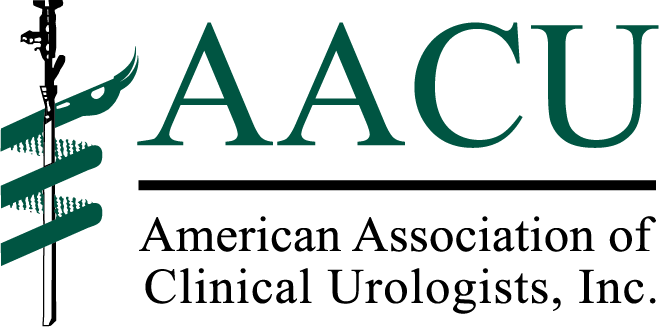|Articles|June 25, 2020
House-passed HEROES Act promises relief for physicians
Author(s)Yehuda A. Sugarman

"The HEROES Act makes key improvements to the Medicare Accelerated and Advance Payment Programs," writes Yehuda A. Sugarman of the AACU.
Advertisement
